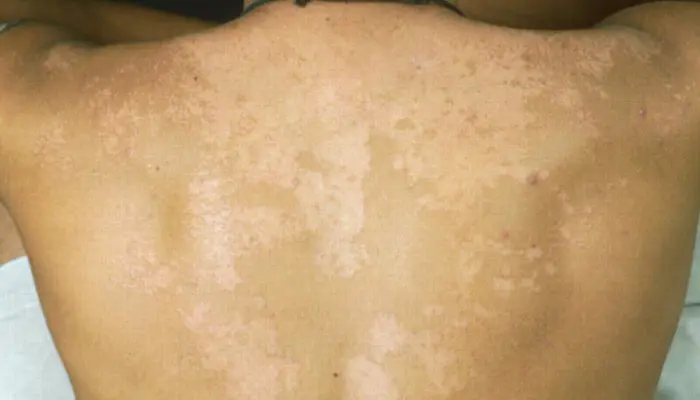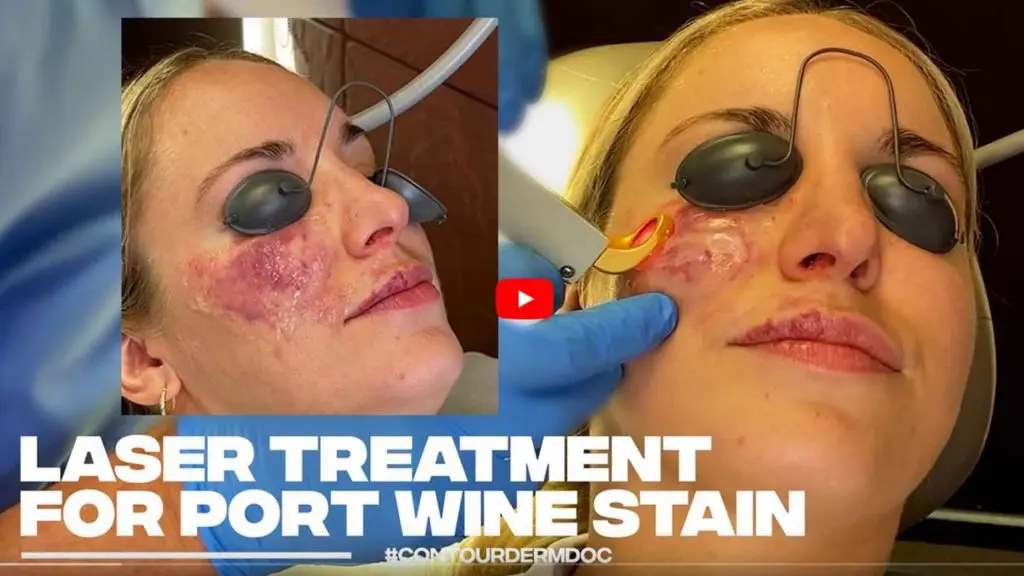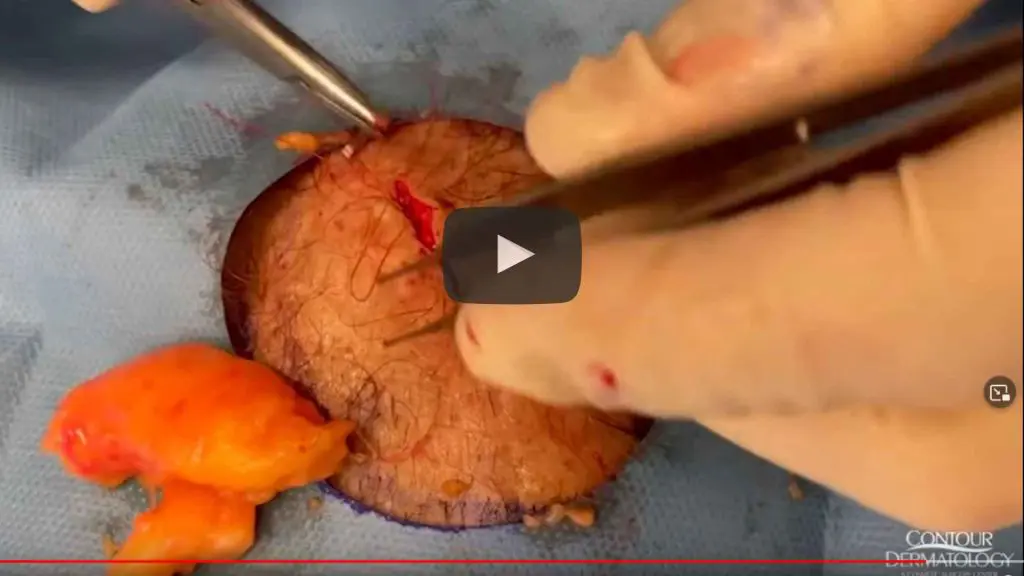Out of Control Yeast Growth
We all have yeast living on our skin. When the yeast grow out of control, a person can get a skin disease called tinea versicolor, a fungal infection on your skin. Yeast is a type of fungus.
You cannot get tinea versicolor from someone else. You cannot give it to someone.Many people get tinea versicolor. It is one of the most common skin diseases in tropical and subtropical areas of the world. People who live in tropical areas may have tinea versicolor year-round.
First Signs that you may have tinea versicolor is often spots on the skin. Other Symptoms are:
- The spots are lighter and sometimes darker than the adjacent skin. The color of the spots can be white, pink, red, tan, or brown.
- Spots can be dry and scaly.
- Itchiness where the spots are located.
- Affected area will not tan, fungus prevents the skin from tanning.
- The spots are affected by temperature drops and may disappear during winter or fall, then return in the spring or summer when the air gets warm and humid.
How Does Contour Dermatology treat tinea versicolor?
The treatment options depend on several things. These include where the fungus appears on the body, the total area of the skin affected, thickness of the spots, and the climate.
Treatment for tinea versicolor may include:
- There are anti-fungal shampoos, soaps, creams, and lotions that can keep the yeast under control. The active ingredient in these medicines is often selenium sulfide, ketoconazole, or pyrithione zinc.
- Medicated cleansers: Tinea versicolor often returns, especially when a person lives in a place that is warm and humid. Using a medicated cleanser once or twice a month, especially during warm and humid periods, can prevent the yeast from overgrowing again.
- Anti-fungal pills: if the tinea versicolor covers a large area of the body, is thick, or often returns after it is treated. These pills are taken for a short time. They can interfere with other medicine that you take.
Call our office if you need treatment for tinea versicolor at 760-423-4000 or 888-977-7546.





















